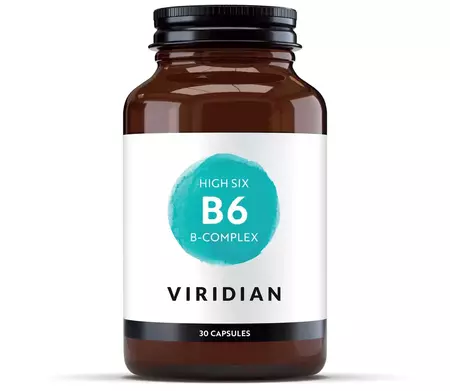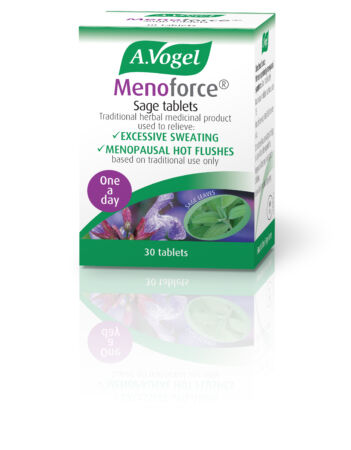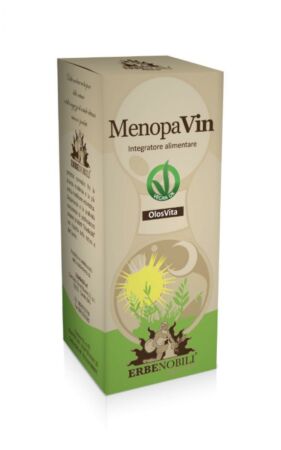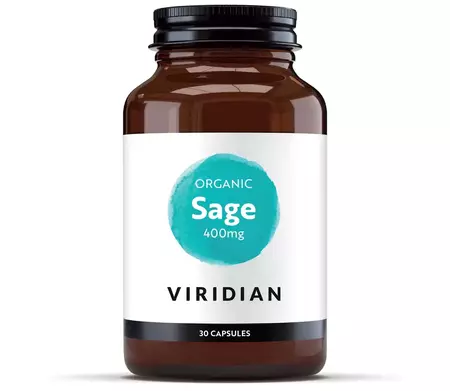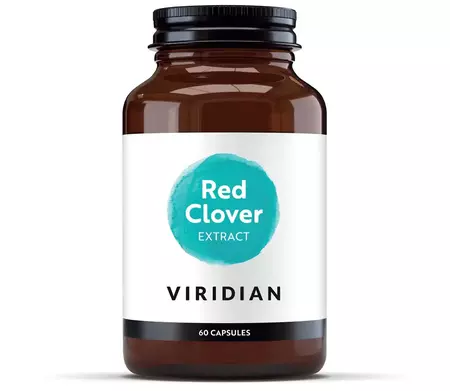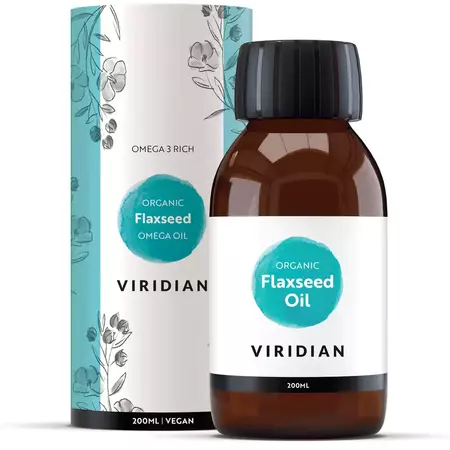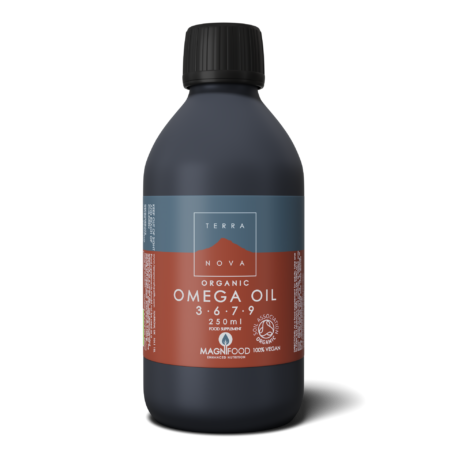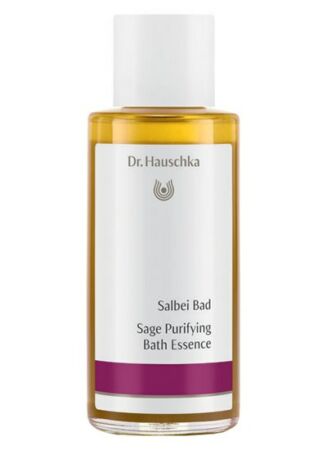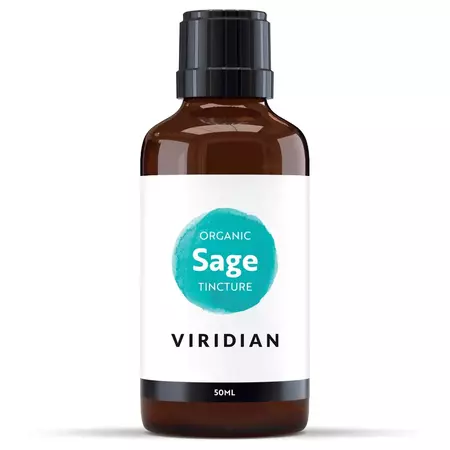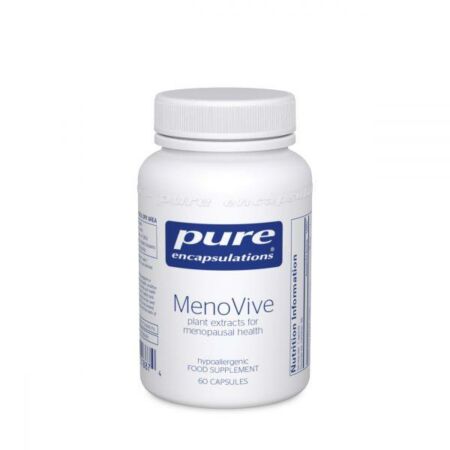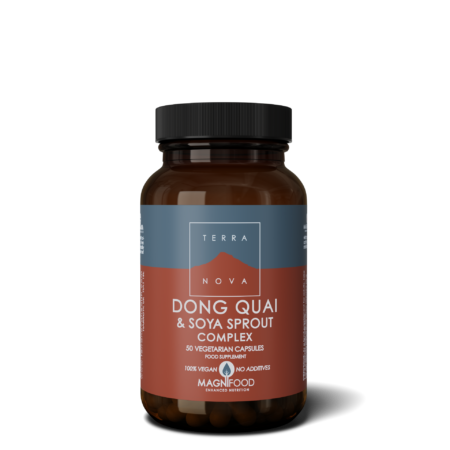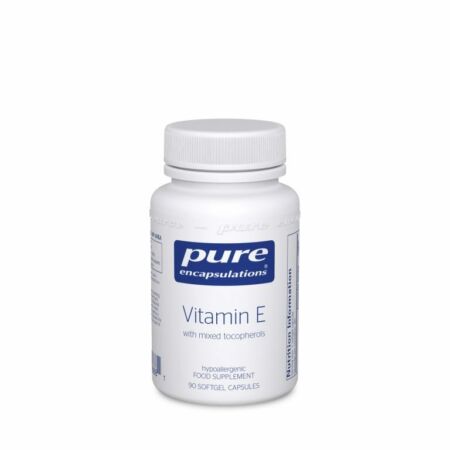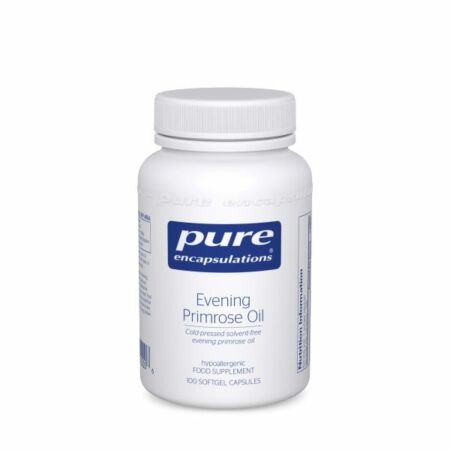Many people experience hot flashes and night sweats during menopause and perimenopause. The good news is there are many methods which may reduce or prevent these symptoms, we discuss lifestyle, dietary and supplemental approaches in this article.
What are night sweats and why do they occur?
Night sweats are incredibly common in people going through perimenopause and menopause, affecting around 85% of this population. According to some estimates, occurrence of menopausal hot flashes tend to run, on average, for 5.2 years [i].
Night sweats are common in menopausal and perimenopausal women because it is related to the hormonal changes which happen at this time. Declining oestrogen levels disrupt the body's temperature regulation, leading to episodes of excessive sweating during sleep[ii]. The hypothalamus becomes more sensitive to hormone fluctuations, acting on small changes as it signals to cool the body down, whilst not regulating it effectively – and triggering night sweats. Hormonal imbalances between oestrogen and progesterone further exacerbate this[iii].
Why else do we get night sweats?
Night sweats occur as a normal part of perimenopause and menopause. However, there can be a multitude of other reasons people get night sweats:
Medication side effects
Fever from illness
Thyroid disorders
Hyperhidrosis
And more[iv]
Hormone fluctuations in menstrual cycle: Sometimes night sweats can occur in menstrual cycles of those who are not yet in the perimenopausal stage. This can happen for various reasons such as a decline in oestrogen after ovulation[v]. Some people may experience more intense symptoms if their hormonal health is poor. In such cases, it may be common to see many other symptoms of PMS or hormonal imbalances. See our other articles on PMS and hormonal health here. Also see our functional testing section below for more details on how testing can be used to map hormones.
Please note: Night sweats can be a manifestation of many other medical conditions in various degrees of severity. If you believe your symptoms to be excessive, sudden or you’re unsure of the cause, it would be advisable that you contact your GP in order to rule out any serious conditions.
Why is nutritional therapy important for lessening and helping to prevent night sweats in menopause and perimenopause?
Nutritional therapy is an incredibly useful tool to manage menopausal/ perimenopausal symptoms such as night sweats. It can do so by supporting balance of hormones during this transitional time. Menopause and perimenopause can also be physically and emotionally challenging. A nutrient-rich diet can support overall well-being, including improved mood, energy levels, and quality of sleep.
Moreover, maintaining a healthy weight through proper nutrition can positively impact hormone balance and help reduce the severity and/ or frequency of night sweats.
Supplement recommendations for night sweats (focused on menopause and perimenopause)
A Vogel Menoforce Sage Tablets: Sage supplements or herbal teas made from sage leaves have been used to reduce hot flashes and night sweats[vi].
Pure Encapsulations Vitamin E Mixed Tocopherols: Vitamin E is an antioxidant that may help reduce the frequency and intensity of night sweats induced by menopause/ perimenopause[vii].
Viridian Organic Flax Seed Oil: Flaxseed contains lignans, which are plant compounds with oestrogen-like properties. Try also Terranova Omega 3 - 6 - 7 - 9 Oil Blend – for a great blend of omega oils to support hormonal health[viii].
Terranova Dong Quai Soya Sprout Complex: Dong Quai is an herb commonly used in traditional Chinese medicine to alleviate menopausal symptoms, including night sweats[ix].
Viridian High Six B-Complex - Vitamin B6: Vitamin B6 helps support hormone balance and may help reduce the severity of night sweats. It is often included in B-complex supplements[x].
Pure Encapsulations Evening Primrose Oil: Evening primrose oil contains gamma-linolenic acid, which may help regulate hormonal imbalances and reduce menopausal symptoms, including night sweats. Try also Viridian Evening Primrose Oil[xi].
Erbenobili Menopavin: Food supplement based on vitamins, minerals and plant extracts including black cohosh, indicated to counteract typical menopausal symptoms[xii].
Dietary suggestions for night sweats
Hormone Balance: Certain foods and nutrients can support hormone balance during menopause and perimenopause. Phytoestrogens alleviate symptoms like night sweats[xiii]. Soy products (e.g., tofu, tempeh, natto), flaxseeds, sesame seeds, and legumes contain phytoestrogens that can help modulate oestrogen levels and reduce night sweats. Balancing blood sugar levels through a diet rich in whole foods, healthy proteins and healthy fats can also contribute to hormone stability.
Nutrient Support: Adequate intake of key nutrients is essential for overall health and can help manage menopausal symptoms. Nutrients like vitamin E, vitamin B6, magnesium, and calcium have been associated with reduced frequency and severity of night sweats[xiv][xv].
Blood sugar balance: During menopause, hormone fluctuations can affect insulin sensitivity and disrupt blood sugar regulation. Declining oestrogen levels can lead to imbalances in blood sugar levels and an increased risk of insulin resistance. Thus, maintaining stable blood sugar levels through diet is very important for hormone regulation and weight management[xvi].
Balancing breakfast ideas: Ensure you have a good breakfast rich in blood sugar balancing proteins and healthy fats to set you up for the day. Try - Protein smoothie: Blend together almond milk, spinach, a scoop of protein powder, a tablespoon of nut butter, and half a frozen banana. Add ice cubes for a refreshing texture. Overnight chia pudding: Mix chia seeds with almond milk, and a dash of vanilla extract. Let it sit in the refrigerator overnight. In the morning, top with berries, chopped nuts, and a dollop of Greek yogurt.
Lifestyle suggestions for night sweats
Night sweats and stress: To promote relaxation - low and deep breathing and meditation are techniques that can help relieve stress and reduce hot flashes. Make sure you build in some time for relaxation prior to your bedtime. Try a relaxing bedtime tea with valerian to promote sleepy neurotransmitters: Celestial Seasonings Sleepytime Tea. You can also read our article on stress, for lots of handy recommendations and our favourite relaxation-promoting products[xvii].
Dress appropriately: Wearing light clothes or dressing in layers is a good idea so you can remove them in the case of a hot flash at night.
Room temperature: Keeping the room temperature low can aid sleep. It might be a consideration to open windows or use air conditioning to keep the air fresh and keep a fan handy beside the bed.
Running cool water over the wrists: This quick remedy might work for some people as there are many blood vessels in the wrists, and it can lower body temperature quickly.
Functional testing options for night sweats
The DUTCH test: can tell you if you are oestrogen dominant. Oestrogen dominance is one of the most problematic hormone imbalances that modern women face today. This occurs when you don't have enough progesterone to balance out your oestrogen and is very common in perimenopause and menopause, it could explain the cause of night sweats as a symptom of these stages[xviii].
Female Hormone Cycle Mapping: Likewise, this test can provide an insight over a full female cycle to assess oestrogen and progesterone fluctuations throughout the cycle. This ‘mapping’ test provides a clear insight into the cycle so any fluctuations from the normal pattern can be easily identified.



